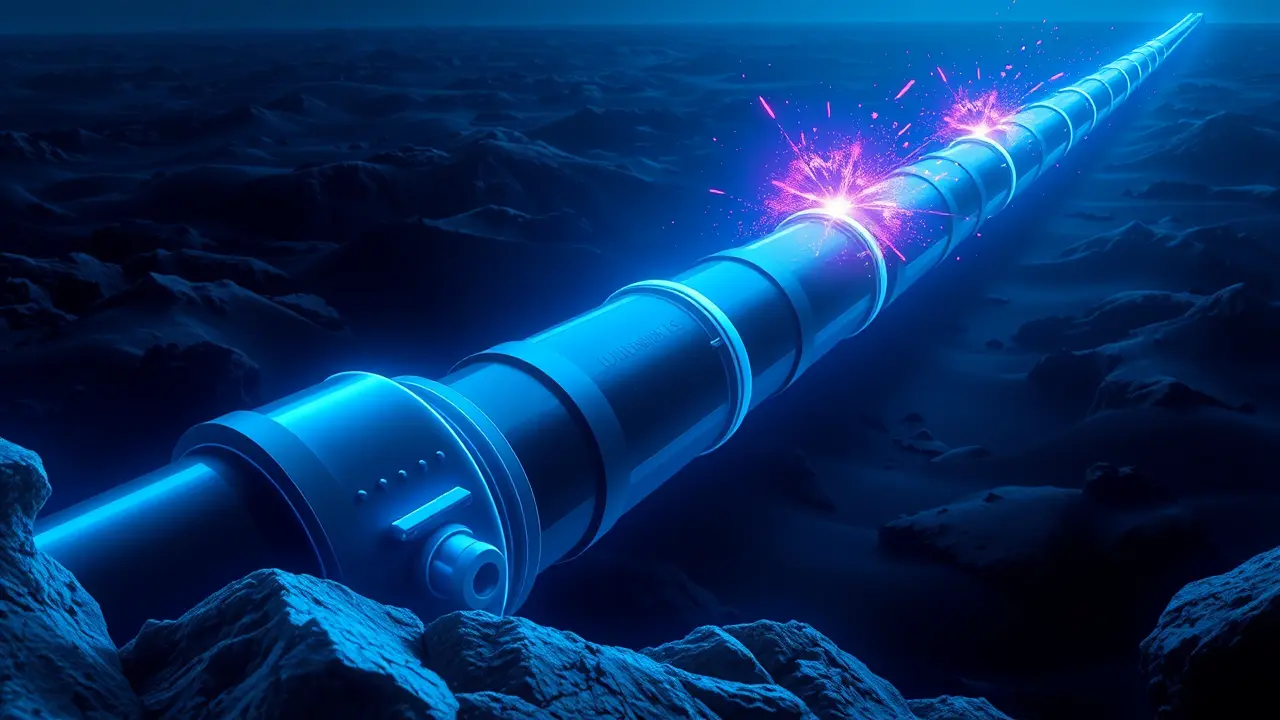Italian Court Blocks Ukrainian Extradition in Nord Stream Case
In a judicial maneuver that sends immediate ripples through the geopolitical risk landscape, an Italian court has decisively blocked the extradition of a Ukrainian national central to the investigation of the Nord Stream pipeline sabotage—a decision that effectively freezes a key legal front in the probe and recalibrates the strategic calculus for all state actors involved. The explosions in September 2022, which ruptured the Nord Stream 1 pipeline and its twin, Nord Stream 2, were not merely an attack on critical energy infrastructure but a profound shock to the foundational security assumptions of post-Cold War Europe, severing a primary artery of Russian natural gas that had, until Russia’s pre-emptive supply cut in August 2022, fueled German industry and symbolized deep, if contentious, economic interdependence.This legal blockade by Italy, a nation with its own complex energy dependencies and political fragilities, introduces a critical friction point, potentially shielding the individual from facing charges in Germany and opening a Pandora’s box of diplomatic ramifications; analysts are now war-gaming scenarios where this single judicial ruling could embolden other nations to assert jurisdictional sovereignty, thereby fragmenting the international investigative effort and allowing competing narratives—of state-sponsored terrorism, false-flag operations, or proxy-war escalation—to fester unchallenged. The core of the risk analysis hinges on the precedent this sets: if a member state of the European Union can unilaterally halt the legal process for an act of transnational sabotage, it undermines the bloc’s collective security apparatus and signals to adversarial powers that the West’s institutional cohesion is more brittle than it appears, a vulnerability that could be exploited in future hybrid warfare campaigns targeting undersea cables, energy grids, or other soft infrastructure.Furthermore, the timing is exquisitely sensitive, coinciding with stalled Ukrainian counter-offensives and intensified Western debates over long-term military aid, forcing a reassessment of alliance loyalties and the very definition of collateral damage in a conflict that has long since bled beyond Ukraine’s borders. The Italian court’s rationale, while not fully public, likely involves assessments of due process, potential political motivations behind the extradition request, or concerns over the treatment of the suspect—considerations that, while legally sound, create a dangerous opening for geopolitical maneuvering and disinformation, leaving the true perpetrators of this multi-billion-euro act of environmental and economic warfare shrouded in a fog thicker than the Baltic Sea depths where the pipelines now lie dormant.
It’s quiet here...Start the conversation by leaving the first comment.
